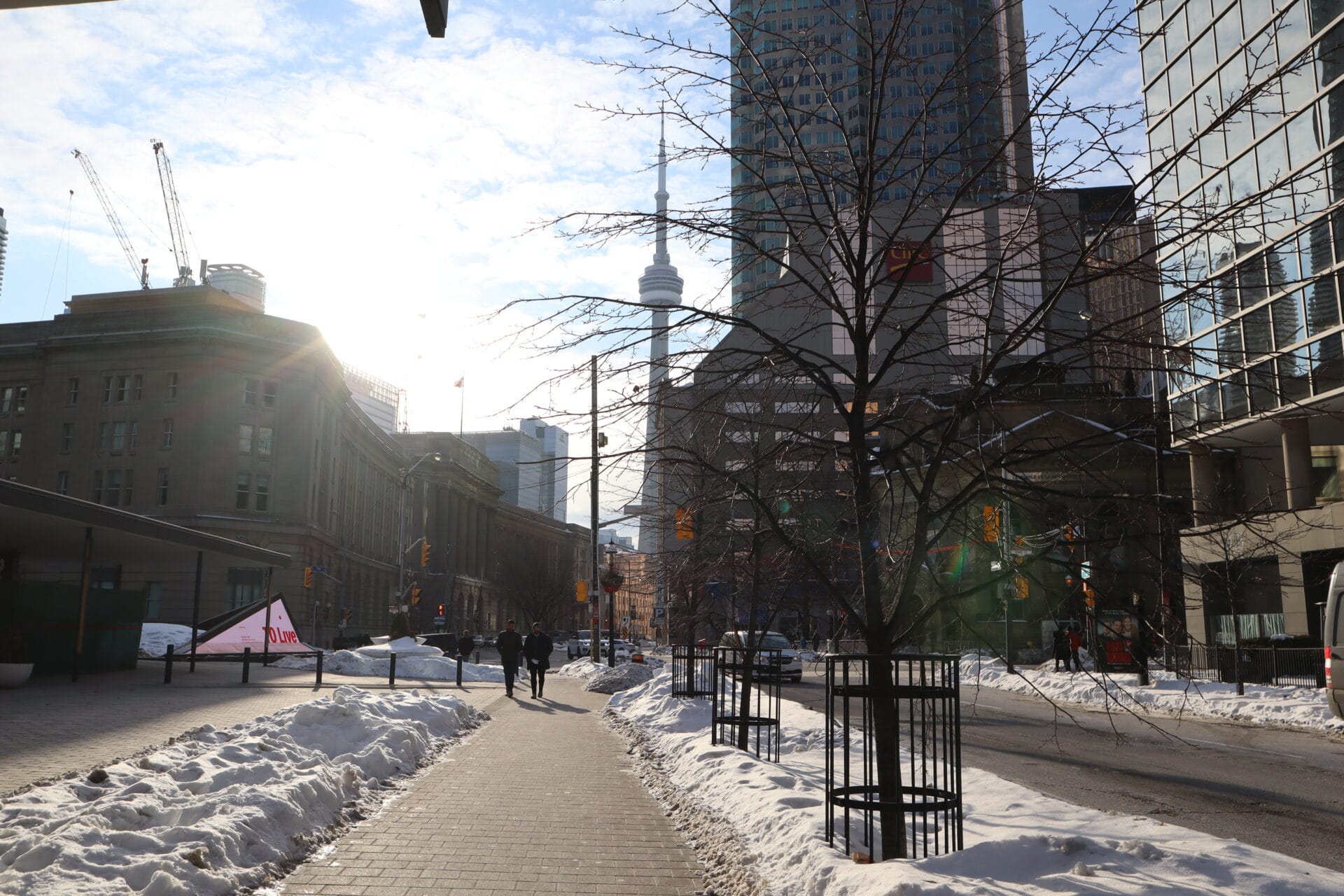Ontario’s housing market has seen skyrocketing rent prices, lowering the margins of those who can afford a place to stay.
The situation is most prominent in major metropolitans, like Toronto where rent has gone up by nearly two per cent, according to a report by the the Canadian Mortgage and Housing Corporation (CMHC) released on February 2022. But while such an increase has made it difficult for many low and middle-income Torontonians, the need for housing remains.
According to the report, rent prices have increased by over five per cent since the start of the pandemic. As a result, low to middle-income tenants seek out alternative housing options such as supportive housing and rooming houses in a desperate attempt to find a home.
However, the reality of securing these types of housing options poses another challenge for potential tenants.
Gautam Mukherjee is the executive director of Houselink and Mainstay Community Housing, an independent non-profit organization that provides Torontonians with subsidized and supportive housing units. He says the waiting list to be considered for one of these units is currently at 25,000. According to him, it could take up to 10 years before a potential tenant could find a supportive housing unit for themselves.
“It’s very, very challenging for people who want to live with us,” says Mukherjee. “Our real focus is on helping people to achieve housing stability and to retain their housing.”
According to the winter plan, the City of Toronto promised to add nearly 200 more units to the city’s supportive housing model. But with high demand and low supply, many Torontonians are forced to find other means of housing.
Rooming housing, also known as multi-tenant houses, are classified by the City of Toronto as units where “four or more people rent rooms and share a kitchen and/or washroom.” However, this type of housing is only permitted where municipal zoning allows it.
The city has recognized the role that rooming houses play in the affordable housing market. Yet, the inclusion of rooming houses in the market is often met with what Gord Perks calls a fierce and ugly opposition.
Perks, the city councillor of Parkdale-High Park, is pushing for the legalization of rooming houses across Toronto. He says that the last city council vote to make rooming houses legal was just short of two votes.
Perks says he feels “betrayed” by the mayor and members of the city council after a debate on rooming houses was pushed to another day. He says he fears the issue won’t be brought up again before the municipal election this fall.
“The last few times we debated rooming houses, (the mayor) brought forward a motion to push the debate off to another day. And I’ll be frank, he and I had some fairly sharp words,” says Perks.
“For about 12 years, I have been trying every avenue I can through city council to make rooming houses a legally permitted form of housing throughout the entire city. I have been working, unsuccessfully, to try to get the city council to vote to [permit them] everywhere.”
This is part four of The Unhoused and The Unprepared, a six-part series where we dive into Toronto’s homelessness and housing crisis. Listen to the rest of the interviews and the fourth episode of The Unhoused and The Unprepared series: Alternative Housing:









